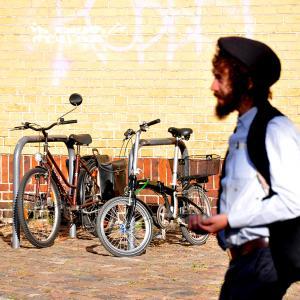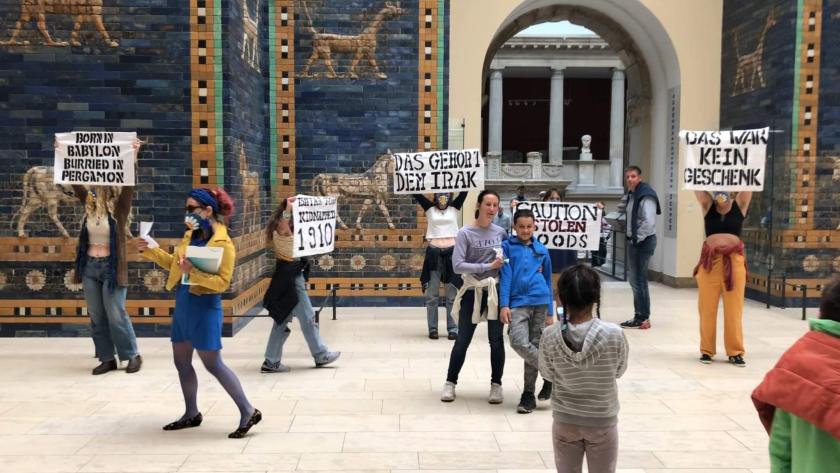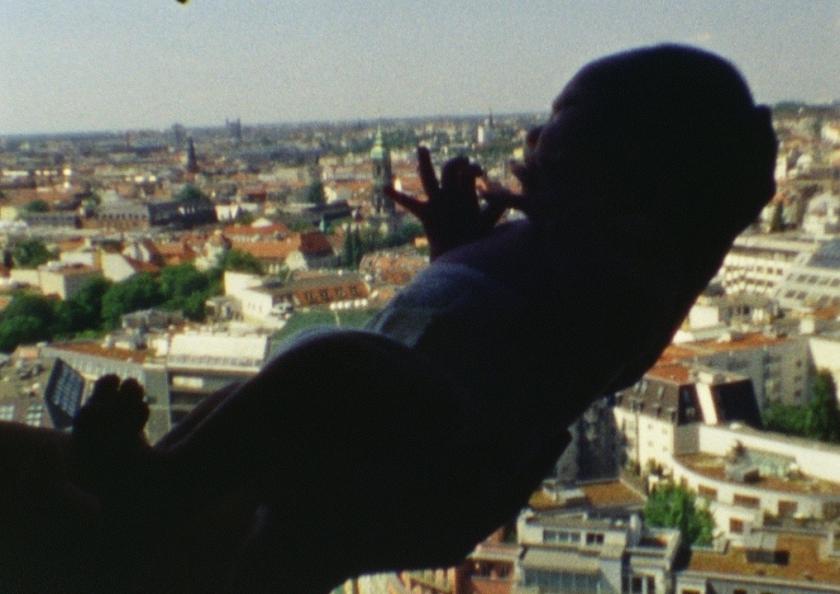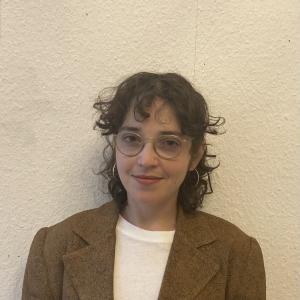Course Details
Syllabus
Program dates
-
Travel dates
-
Course credits
FAIR 337
Total credits: 12
Prerequisites
None
Robert Yerachmiel Sniderman

In this Fairhaven College Global Learning Program, we will travel to the European metropolis of Berlin, a city marked by mass traumas and complex cultural systems.
In reading, writing, site study, art, collaborations, interventions, and critical discussions, we will interrogate, argue over, struggle in, and reveal how violent histories are remembered and overwritten in the city and how they persist in shaping its present, entangling our roots and futures by way even of immersive visitation.
We will investigate and respond to the living force of German colonization in Namibia; Nazism and the Holocaust; the US and Britain’s bombing destruction of Berlin; the four-decade separation of the city into opposing political States; and contemporary migrant diasporas. Most important, we will walk extensively, engaging Berlin in everyday place-responsive practices of witness, critique, creation, and relationality.
Program Highlights
Image

- Ravensbrück Concentration Camp Memorial followed by a workshop facilitated by German-Jewish hip-hop artist, Kaye, to process the experience
- Colonial Neighbors: A Participatory Archive and Research Project on Germany's Colonial History at Savvy Contemporary: The Laboratory of Form-Ideas
- Jewish Life in Germany: Past and Present, core exhibition at The Jewish Museum of Berlin
- Revolutionary Berlin Walking Tour
- Tisch (i.e., table discussion + meal) at the House of Taswir, an imaginary institute for artistic and diasporic thinking, informed by ancient and contemporary Jewish and Islamic traditions
- Re/Assembling Anti-Racist Struggles: An Open Archive at the Friedrichshain-Kreuzberg Museum, a community-centered neighborhood museum
Image

Testimonials
"The word that is called to mind when I think of Berlin, as explored in this program, is entangled; encircled, enclosed, and endeared.
We were given generous guidance and opportunity to engage directly, with and through our bodies, in sites of in/significance, ruin, preservation and memorial. I learned to take my own entanglings seriously, and to follow sensory cues toward constructive and creative expressions. It is a city, and program, of tension as well as release. I learned just as much about what it means to be enclosed in and care for a body, as it is to inhabit a place, all with the encouragement from peers, passersby, community partners, and professors.
Instances of engagement, such as the Tisch with House of Taswir, were each exceptional, even when challenging and heartbreaking. I say this because it fundamentally is not “easy” to do this work; though, discomfort was something I learned to be comforted in without erasing that ache, instead, humbling and finding myself more open as a result. Partly because our dialogue encircled itself, and asked us to hold a center for which we could examine from many different points of reference. Retaining a center is another lesson, I carry with me.
Lastly, there is much to be endeared by, the content aside. I call to mind the steady-tilting view from the railways, how it rocked me awake or asleep. The ever-present songs of birds carried in wind, and the many seedpods and swamps, I found new and familiar. I recall the sound of a tea spoon clinking the side of a glass, sitting in Turkish Cafés, and the hollering of music from windows and wheatpaste posters. I recall my peers, their ear-to-ear smiles and sometimes sobbing faces; their awe, hunger, critique, laughter, all which inspired me and allowed me the grace to show up however I was each day. Each time I look in their eyes, now, I feel our feet settle in both soils. We carry and share it forever. The stories, and stories, and stories, I participated in, and listened to, that I read, and that I wrote. I recall the way the city heeds its own vibrance."
Iliana Bradley, Spring 2022
Expectations of Participants
A faculty-led study abroad experience, this course will span intensive on-campus introductory sessions and six weeks of engagement in Berlin, Germany. No previous study with memory or culture in Germany is required.
In Berlin, we will meet three to four full days a week, balancing classroom time with site visits, and leaving the rest of the week for solo and group project work, free space for rest, integrating heavy materials and experiences ,and exploring Berlin. At most, three days a week will involve exploring places by foot and visiting institutions and cultural sites, broken up by breaks and a meal. Within such contexts, participants must be able to walk for three-five hours in a day with or without reasonable accommodations. Our last meeting each week will include extensive space for reflection and discussion. In addition to traditional course work and site visits, students will have the opportunity to meet and, in some cases, work with Berlin-based artists, scholars, community groups, organizations, and activists.
The program will end with a remote reflection session the last week of Fall quarter, not returning to Western, so students will have the option to continue traveling in Europe afterwards.
Refrigeration is available for program duration.
Students must work with the WWU Disability Access Center, Wilson Library 170, (360) 650-3083, drs@wwu.edu. For service eligibility, a complete diagnostic description from a qualified professional is required. Specific accommodations or services are determined on an individual basis and are modified to meet the unique needs of the student and their academic experience. Accommodation policies and procedures are highly individualized and centered on self-advocacy, realistic self-appraisal, and student growth. Each quarter, students need to activate their approved accommodations for each class. Students choose which of their approved accommodations they want to activate for each class.
We strongly recommend that all students traveling on this Global Learning Program are fully vaccinated against COVID-19 to maximize the safety of the student cohort. Participants must be fully vaccinated against COVID-19 prior to departure, or provide a proof of an official COVID-19 vaccination waiver granted by WWU.
Participants are expected to abide by all attendance policies of the program, including those for classes and excursions, and to adhere to the program schedule. Since the programs are academic in nature, parents, friends, partners, and families are not permitted on any part of the Global Learning Program. Personal travel must be outside of the course dates and not conflict with coursework or excursion schedules. Travel plans should be vetted by faculty beforehand to ensure personal plans do not interfere with meeting the learning objectives of the course.

